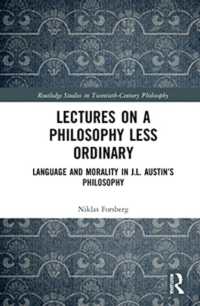基本説明
This book traces the linguistic turns in the history of modern philosophy and the development of the philosophy of language from Locke to Wittgenstein. It examines the contributions of canonical figures such as Leibniz, Mill, Frege, Russell, Wittgenstein, Austin, Quine, and Davidson, as well as those of Condillac, Humboldt, Chomsky, and Derrida. Michael Losonsky argues that the philosophy of language begins with Locke's Essay Concerning Human Understanding. He shows how the history of the philosophy of language in the modern period is marked by a dichotomy between formal and pragmatic perspectives on language and that modern philosophy has not been able to integrate these two aspects of human language.
Full Description
This book traces the linguistic turns in the history of modern philosophy and the development of the philosophy of language from Locke to Wittgenstein. It examines the contributions of canonical figures such as Leibniz, Mill, Frege, Russell, Wittgenstein, Austin, Quine, and Davidson, as well as those of Condillac, Humboldt, Chomsky, and Derrida. Michael Losonsky argues that the philosophy of language begins with Locke's Essay Concerning Human Understanding. He shows how the history of the philosophy of language in the modern period is marked by a dichotomy between formal and pragmatic perspectives on language and that modern philosophy has not been able to integrate these two aspects of human language. Language as a human activity and language as a syntactic and semantic system remain distinct and competing focal points, although the interplay between these points of view has driven the development of the philosophy of language.
Contents
Preface; 1. Locke's linguistic turn; 2. The road to Locke; 3. Of Angels and human beings; 4. The form of a lanugage; 5. The importance of propositions; 6. The value of a function; 7. From silence to assent; 8. The whimsy of language.








